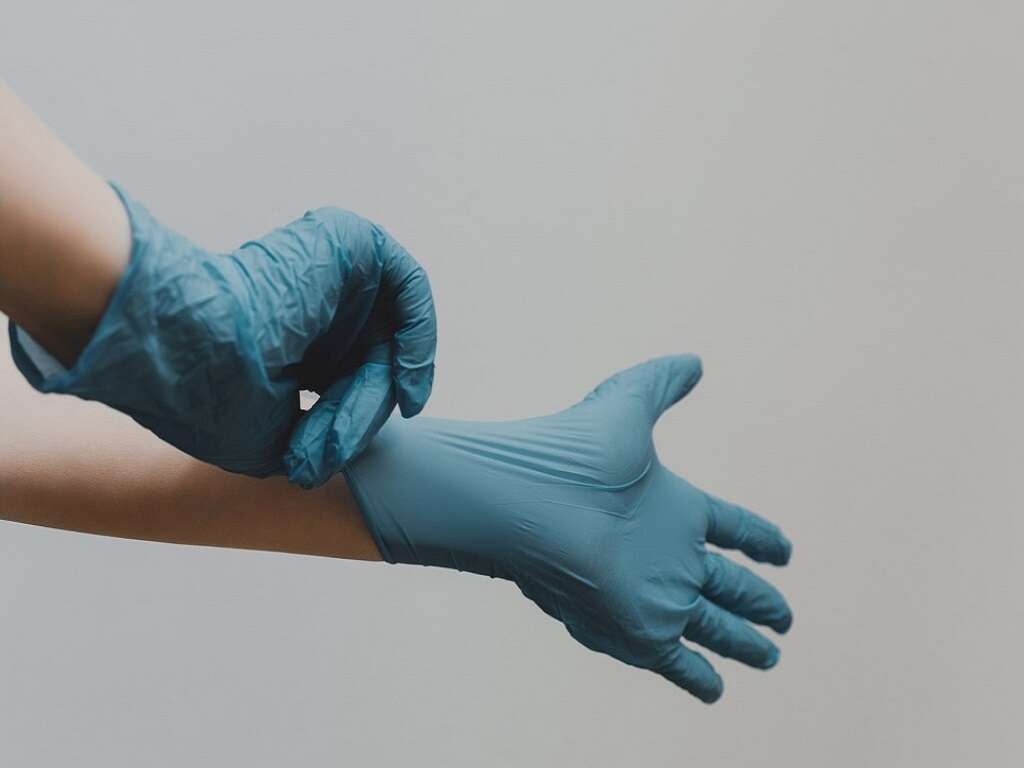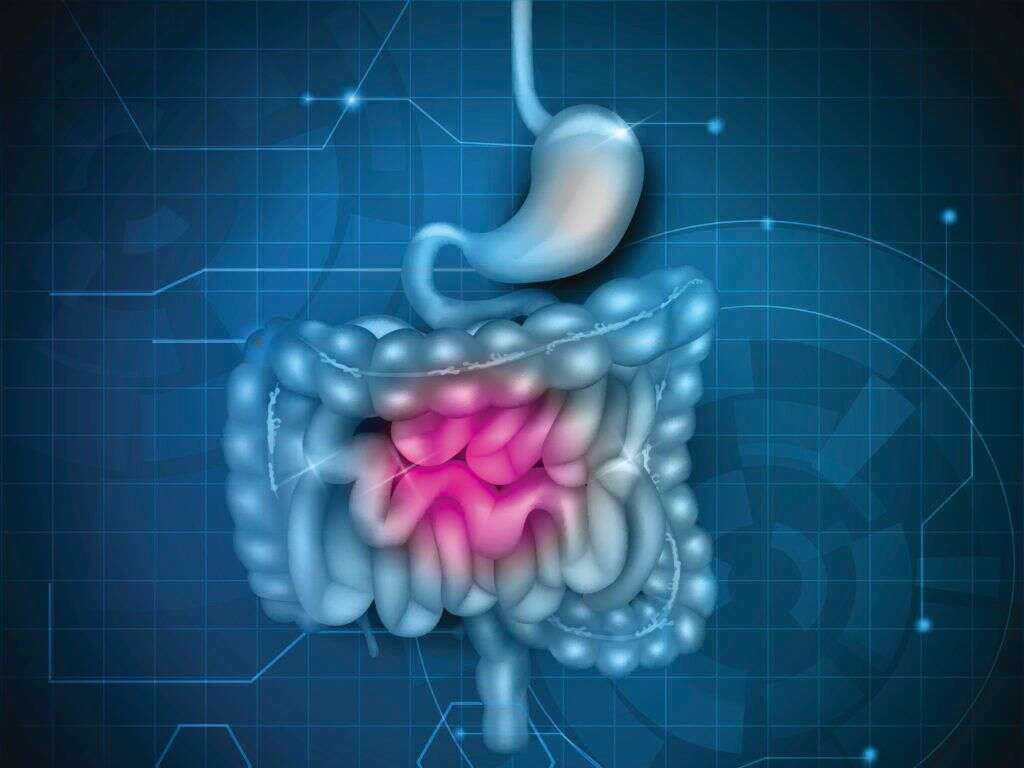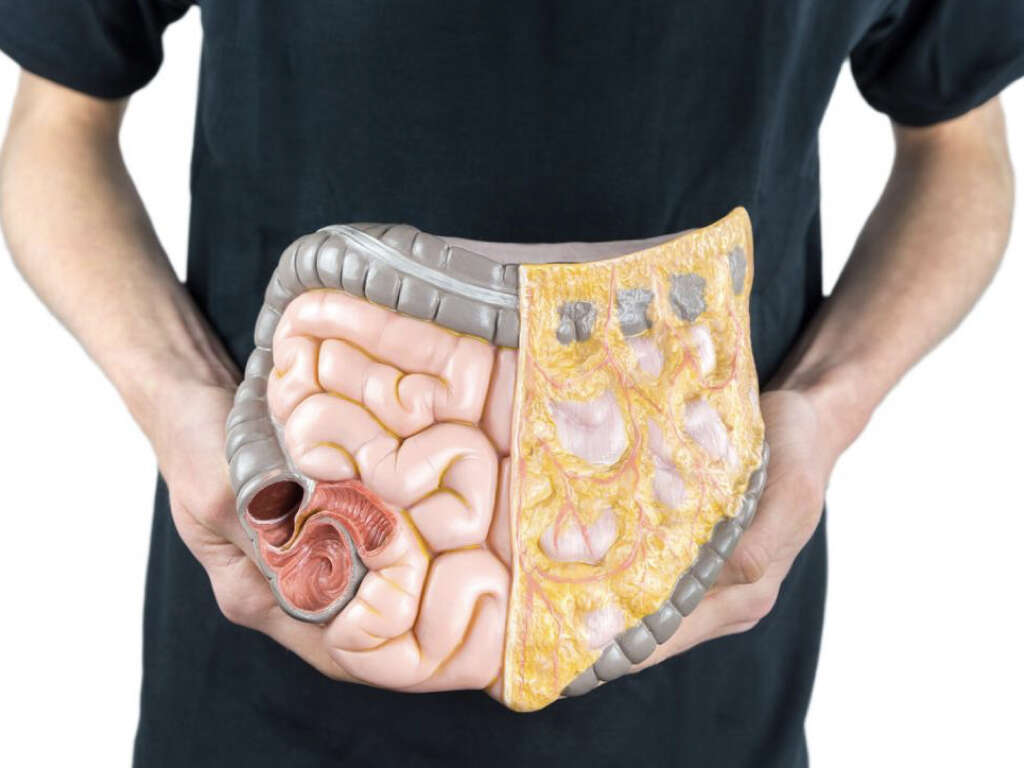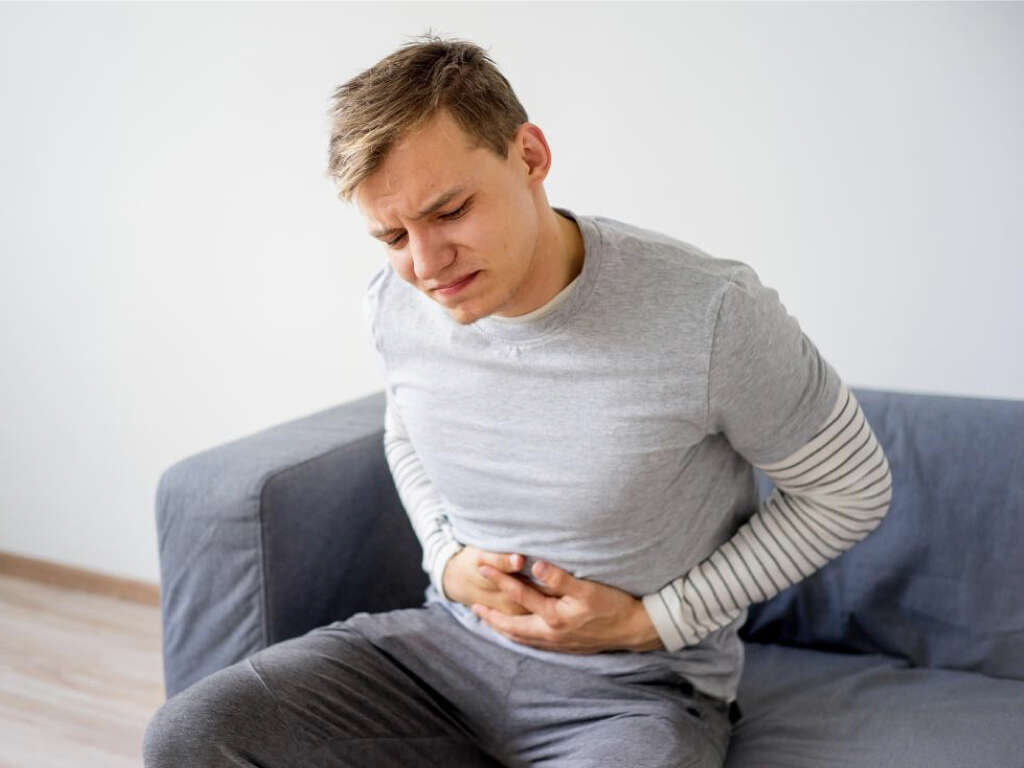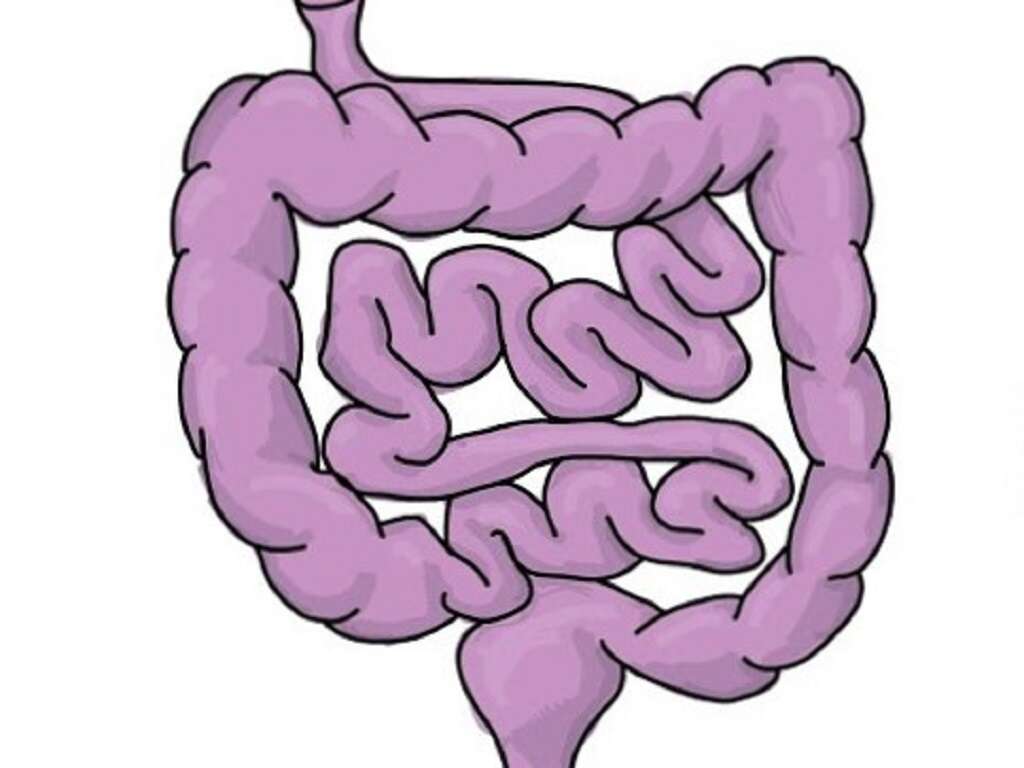10 Symptoms of SIBO
Our digestive systems contain a variety of bacteria. The vast majority of these are beneficial to us because they help us to digest our food. However, it is important that these bacteria are present in the right numbers, and in the right places.
If these balances are thrown out then we could begin to experience problems. SIBO, or Small Intestinal Bacterial Overgrowth, is a condition that causes more bacteria to be present in the small intestines than should be.
This can play havoc with the digestive system, leading to a range of unwelcome symptoms. It is very difficult to treat, but symptoms can usually be relieved to a degree.

Symptom #1: Diarrhea
Our digestive systems are basically one long tunnel, with various caverns such as the stomach along the way. Once we have eaten, food passes gradually through the stomach where the various stages of the digestive system can do their job of absorbing energy, nutrients, and liquids. This system usually runs quite smoothly, but not always.
The presence of too much bacteria in the small intestine can affect the passage of food through the system, and the absorption of nutrients and food. This can lead to diarrhea which is typically characterized by watery stools. Diarrhea can mean the body is not getting what it needs from its food, and this can be dangerous to vulnerable people.

Symptom #2: Gas
Gas is not uncommon, the vast majority of us will experience it at some point. It is sometimes caused by carbonated drinks such as beers or sodas. Usually, though, it is a result of gases being released as part of the digestion process. Usually, we will just burp, or pass wind at the other end so that the extra gas is allowed to escape.
The presence of more than usual bacteria in the small intestine is also likely to mean more than usual gas. This can be uncomfortable and can also be embarrassing, although there is often not a great deal the patient can do about it. Remedies are available that will help to relieve the patient of the symptoms of too much gas.

Symptom #3: Abdominal Pain
Just eating the wrong type of food can leave us in considerable pain. Many of us have certain types of food that we can’t eat out of fear of being left in agony or stuck on the toilet. As we get older, we learn which types of food we need to avoid, but still, we will have problems occasionally. In addition to the wrong type of food, abdominal pains can also be caused by injuries and illnesses.
Patients with SIBO will often complain that they are suffering from abdominal pain. It can range in severity from being mildly uncomfortable to outright debilitating. Eating a strict diet that avoids certain foods may be able to help relieve symptoms.

Symptom #4: Diabetes
SIBO can have quite a serious impact on the patient’s ability to absorb nutrients from their food. This can potentially lead to malnutrition and dehydration regardless of how much the patient might eat. This in itself can lead to further complications and can even bring the onset of chronic conditions.
One such chronic condition is diabetes, which affects millions of people across the world. Diabetes has numerous causes and SIBO is one of them. In addition to diabetes, it can also lead to other chronic conditions such as autoimmune diseases, chronic fatigue syndrome, fibromyalgia, and neuromuscular disorders. There is no known cure for diabetes, although it can usually be managed within reason.
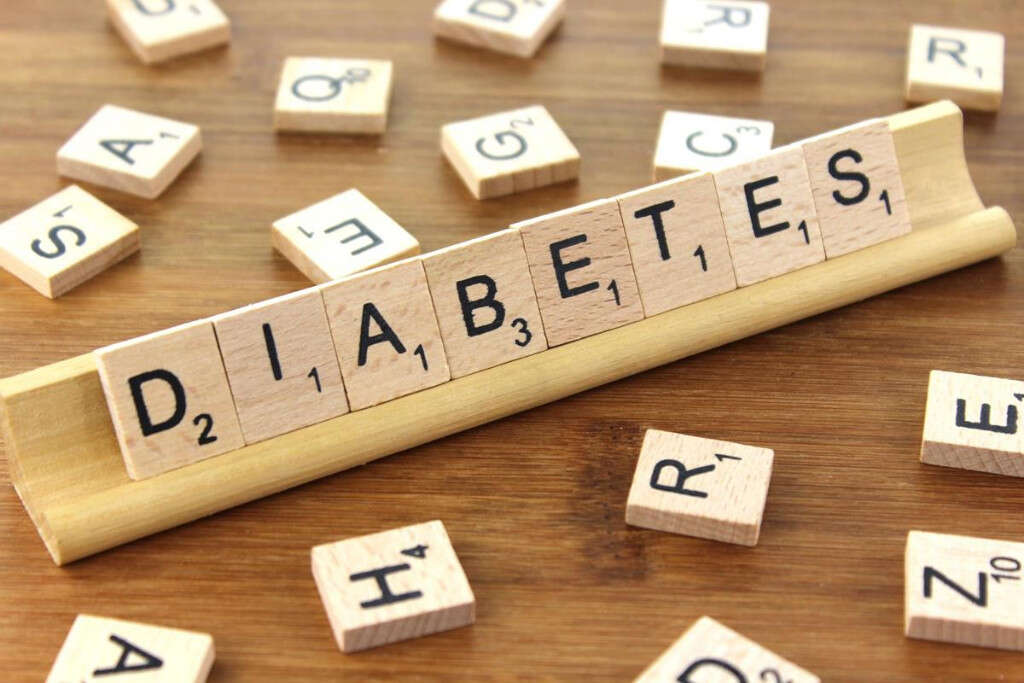
Symptom #5: Constipation
Whereas diarrhea is food passing too quickly through the digestive system resulting in watery stools, constipation is quite the opposite. People with constipation will have difficulty passing stools, partly because the stools are dry and hard due to so much water being absorbed from them. They can also feel as though they are blocked up and it can become painful.
SIBO can cause the passage of food through the system to slow down, resulting in constipation. It is not as common as diarrhea but is still a symptom that is often associated with the condition. If the symptoms remain for too long or if the pain gets too severe, you should arrange to speak with a medical professional.

Symptom #6: Insufficient Absorption of Fat
Fat has a bad name in healthy living circles and is often blamed for obesity, heart disease, and other problems. While the accusations are largely true, fat is still very important to us and we need some of it in our diet. It’s a matter of not overdoing it and making sure you get the right types of fat.
Too much bacteria in the small intestine, however, can play havoc with the body’s ability to absorb nutrients. While this is true in a general sense, it can be particularly noticeable for lipids because the small intestine is where they are mainly broken down and absorbed. This can result in bulky, pale stools that have a particularly bad smell.

Symptom #7: Rosacea
Acne is something that affects millions of people worldwide. Common among teenagers, many adults will find that they continue to have it for the rest of their lives. Creams, lotions, and other remedies will often just not work, leaving the patient feeling very frustrated. Sometimes, though, the problem isn’t with the skin itself, but in the digestive system.
Many people with rosacea have problems with the digestive system, and vice-versa. If a problem like SIBO causes the digestive system to flare up, it can also cause our external skin to flare up. Treating problems like SIBO can be the answer you are looking for to your acne problem.

Symptom #8: Leaky Gut
The digestive system is a tunnel that generally keeps everything inside. Food goes in at one end and the waste comes out of the other, minus the nutrients that have been absorbed in the process. It is important to keep the contents inside as many of them are potentially toxic and harmful to us. Patients with SIBO, however, can experience leaky gut syndrome.
Leaky gut syndrome is a condition that causes toxins and other particles to leak through the walls of the small intestines. It is not officially recognized by the scientific community overall. Regardless, people with SIBO will often feel the symptoms associated with leaky gut syndrome.

Symptom #9: Undigested Food in Stools
Food goes into the mouth and what comes out the other end is mostly what we don’t need. With a few exceptions, such as the husks of corn seeds, pretty much all the goodness is absorbed giving us the energy and building blocks that we need. If there are certain problems with the digestive system, though, this is not always the case.
Patients with SIBO can sometimes find undigested food items in their stools. This is a clear indicator that something is wrong and that you should arrange to speak with a medical professional. Failure to do so can lead to malnutrition and other potentially serious problems.

Symptom #10: Vitamin Deficiencies
Vitamins and minerals perform some very important functions in our bodies. They help to keep us safe from disease, help our organs and other body parts to function, and generally help maintain a healthy overall appearance. Without them we can fall quite ill and, in extreme cases, can even be fatal.
This is not usually a problem, though, because the vitamins and minerals we need are readily available in the food we eat. If needed, we can also supplement our vitamin intake with extra vitamins to help overcome deficiencies. SIBO, however, hinders our ability to absorb vitamins and minerals, leading to deficiencies that are not so easy to overcome with supplements.




